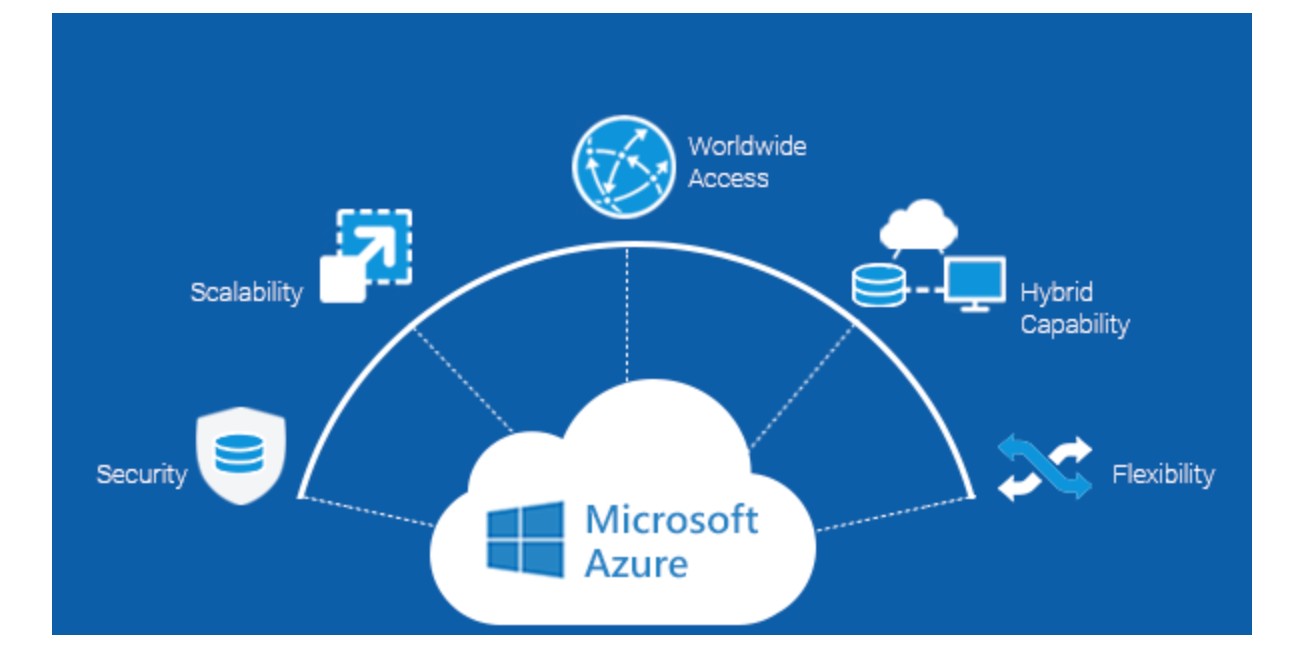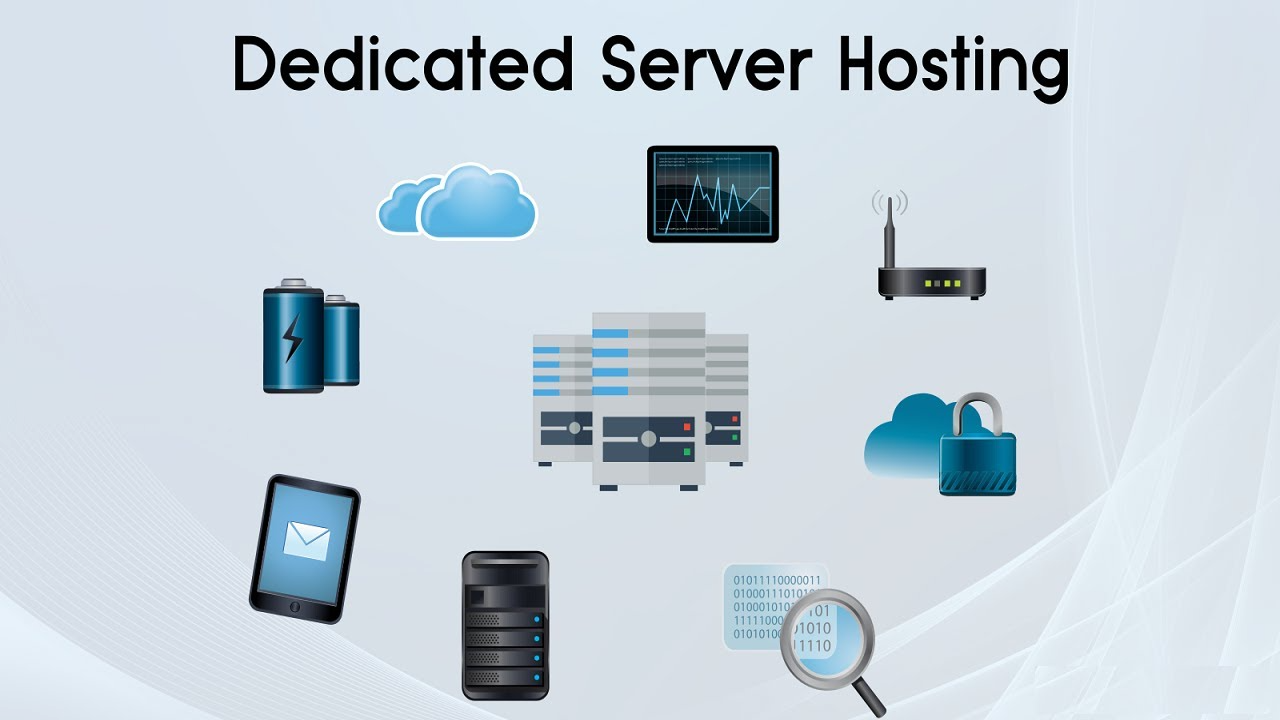The digital age has witnessed rapid transformations in the way businesses store, manage, and process data. From traditional on-premises infrastructure to virtualized solutions, organizations have consistently sought efficiency, scalability, and innovation. The latest evolution in this journey is the integration of artificial intelligence (AI) into cloud computing environments. AI-optimized cloud servers are not just incremental improvements; they represent a revolution in performance, automation, and intelligent resource allocation. For enterprises in every sector, these advancements are shaping a future where computing adapts seamlessly to real-time demands.

AI-Optimized Cloud Servers
At the core, cloud servers provide virtualized resources that can be scaled on demand. What makes AI-optimized cloud servers unique is their ability to incorporate artificial intelligence and machine learning algorithms into their operations. Instead of relying solely on manual configurations or static rules, these servers dynamically adjust based on workload patterns, user demands, and predictive analytics. This intelligence allows for improved efficiency, cost savings, and performance optimization across industries.

The Role of Automation
One of the most transformative aspects of AI-driven cloud servers is automation. In traditional environments, system administrators often spend countless hours managing updates, monitoring performance, and addressing downtime. AI optimization reduces this burden by automating tasks such as resource allocation, load balancing, and fault detection. This not only lowers operational costs but also ensures consistent service quality. For organizations, automation frees up valuable human resources to focus on innovation rather than maintenance.
Real-Time Performance Enhancement
AI algorithms excel at analyzing vast amounts of data in real time. When applied to cloud servers, this capability ensures performance enhancements at every level. For instance, servers can identify and resolve bottlenecks instantly, predict workload spikes, and reallocate resources before users experience slowdowns. This proactive approach means fewer disruptions, higher uptime, and an overall smoother user experience.
Predictive Maintenance and Downtime Reduction
Downtime is costly for any business, and even brief interruptions can lead to financial losses and reputational damage. AI-optimized cloud servers minimize this risk through predictive maintenance. By analyzing historical data and system performance trends, these servers anticipate potential failures and initiate corrective actions before issues escalate. This shift from reactive to proactive maintenance represents a fundamental improvement in how organizations approach infrastructure reliability.
Enhanced Security Measures
Cybersecurity threats are constantly evolving, and traditional security models often struggle to keep pace. AI-optimized servers bring intelligent defense mechanisms into the equation. By continuously monitoring traffic patterns, user behavior, and potential vulnerabilities, AI can detect and respond to threats faster than human teams alone. From identifying suspicious logins to isolating compromised systems, AI-powered cloud environments enhance the overall resilience of digital infrastructure.
Scalability with Intelligence
Cloud computing is inherently scalable, but AI optimization takes scalability to new levels. Instead of scaling resources reactively, AI predicts demand and allocates capacity ahead of time. For businesses experiencing seasonal peaks, sudden traffic surges, or unexpected growth, this intelligent scalability ensures seamless performance without unnecessary costs. It prevents both over-provisioning and under-provisioning, striking the perfect balance between efficiency and flexibility.
Energy Efficiency and Sustainability
As data centers expand globally, energy consumption has become a pressing concern. AI-optimized cloud servers contribute to sustainability by managing resources more efficiently. Through intelligent workload distribution and real-time monitoring, these systems reduce wasted energy, optimize cooling processes, and minimize carbon footprints. In regions prioritizing eco-friendly solutions, AI-enhanced infrastructure is a critical step toward greener cloud computing practices.
Supporting Innovation and Emerging Technologies
The rise of AI-optimized cloud servers also fuels innovation across industries. They provide the computational power and adaptability required to support emerging technologies such as the Internet of Things (IoT), blockchain, and advanced analytics. By enabling seamless integration and real-time processing, these servers create an ecosystem where businesses can innovate without worrying about infrastructure limitations.
Cost Optimization for Enterprises
Managing costs is one of the biggest challenges in cloud adoption. While traditional servers offer scalability, they can also lead to unpredictable expenses. AI-optimized cloud servers address this by intelligently allocating resources, reducing idle capacity, and minimizing wasted expenditure. Enterprises benefit from greater transparency, predictability, and control over their cloud budgets, making this model highly attractive for cost-conscious organizations.
The Future of Workloads in the Cloud
As digital transformation accelerates, workloads are becoming more complex and diverse. From handling massive datasets to supporting real-time applications, organizations require cloud environments that can adapt instantly. AI-optimized servers are shaping this future by delivering flexibility, intelligence, and performance at scale. Businesses no longer need to compromise between innovation and reliability—the two can coexist seamlessly in an AI-enhanced cloud environment.

Transforming User Experience
Ultimately, the integration of AI into cloud servers enhances not only back-end performance but also end-user satisfaction. Customers and employees benefit from faster application response times, reduced downtime, and more reliable digital services. In competitive markets, where user experience often defines success, AI-optimized cloud servers offer organizations a clear advantage.
Conclusion
AI-optimized cloud servers mark a turning point in the evolution of digital infrastructure. By combining automation, predictive analytics, scalability, and enhanced security, they redefine what organizations can expect from their cloud environments. These intelligent systems go beyond performance improvements; they empower enterprises to innovate, optimize costs, and operate sustainably. In an increasingly digital world, adopting AI-enhanced cloud solutions is no longer optional—it is essential for staying competitive. For businesses seeking reliable and forward-thinking hosting solutions, Tezhost.com offers the expertise and infrastructure to embrace this new era of cloud computing.



